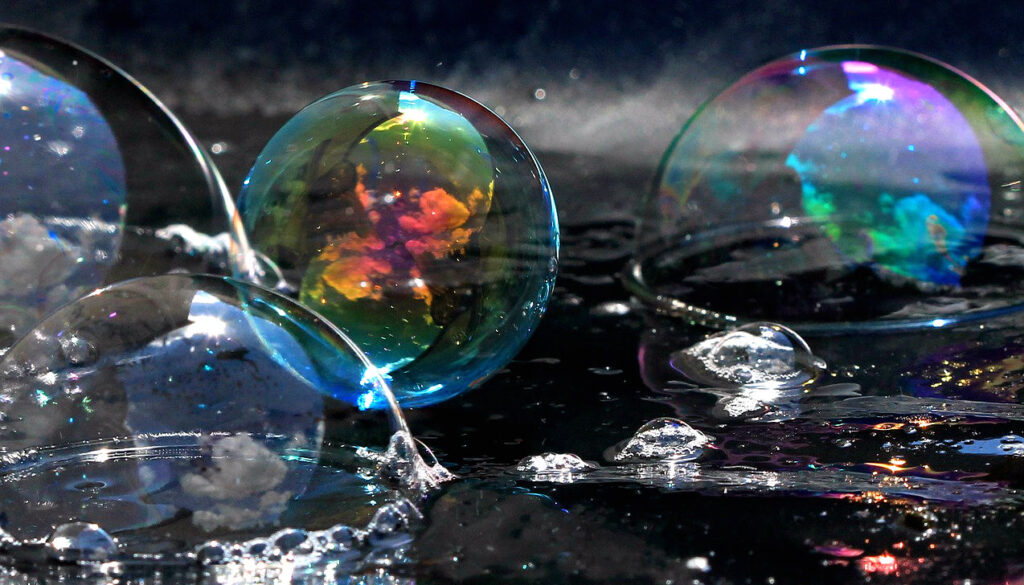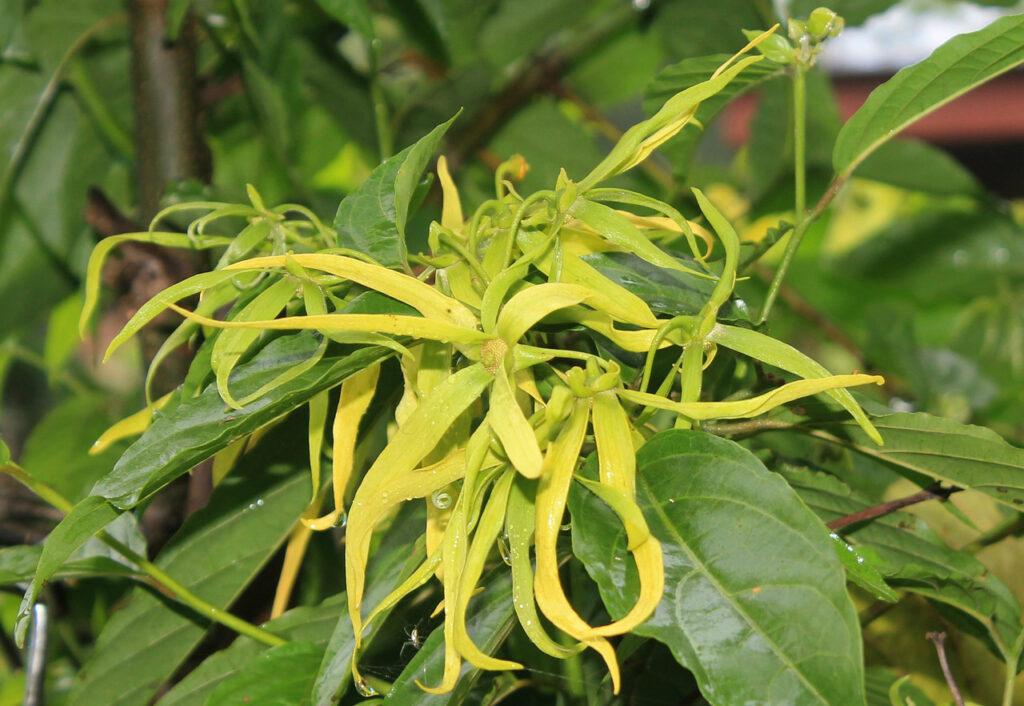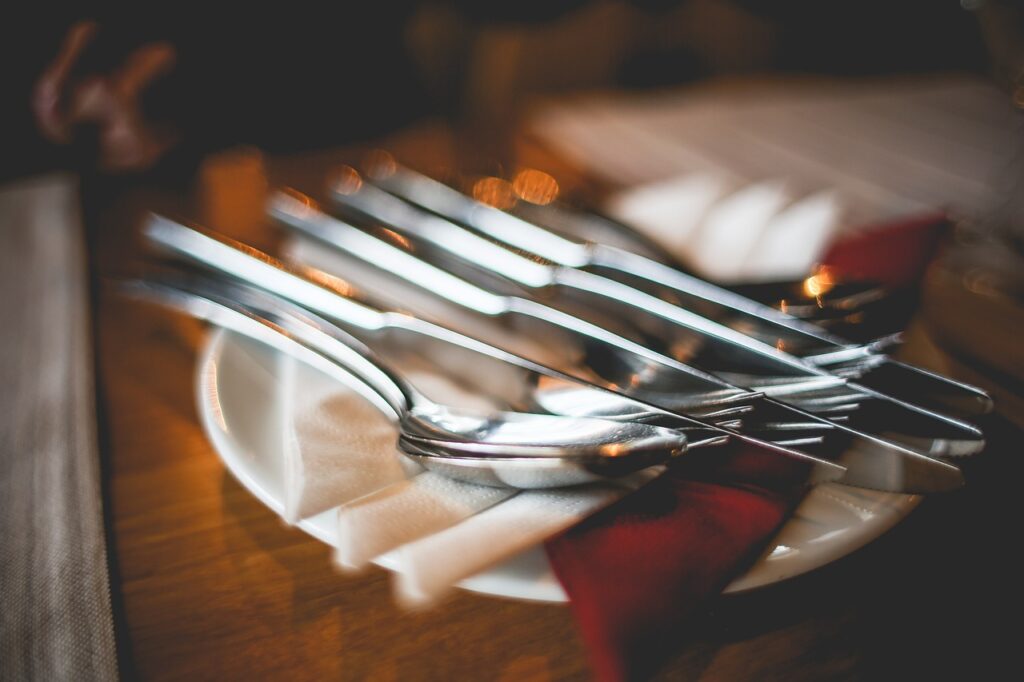How to Make Dish Soap That Actually Works
Natural dish soaps are superior in terms of providing greener alternatives that are safe for your health and the environment. Better yet, natural homemade dish soap works just as well vs. synthetic dish soaps on the market.
- Why Use Homemade Dish Soap?
- Basic DIY Dish Soap
- Powerful DIY Homemade Liquid Dish Soap
- Things to Keep in Mind
- Summary
- How to Make Dish Soap That Actually Works
- What is the best natural ingredient for homemade dish soap?
- What gives homemade dish soap a thick, gel-like texture?
- What oils help cut grease in DIY dish soap?
- How do you naturally scent homemade dish soap?
- Does homemade dish soap produce enough suds?
- How long does DIY dish soap last?
- Can you use homemade dish soap in the dishwasher?
- What's the ideal process for making dish soap?
- How do you package homemade dish soap?
- Is DIY dish soap safe for hands and the environment?
Like other dish soaps, it effectively removes dirt and bacteria, including sticky grease and oil. Even though you can easily purchase that store-bought stuff at the nearest grocery, don’t settle for those harsh chemicals.
Rather, make another simple choice to switch to homemade and natural, as with many other alternatives we recommend here at Enticingly Simple. Plus, you won’t have to wonder if those chemicals from traditional dish soaps have any lasting impact on your health since you won’t be using them anymore.
Why Use Homemade Dish Soap?
Commercial dish soaps are made of toxic chemicals that can harm your family’s health and the environment. That’s reason enough to make the switch to more natural alternatives.
However, even some so-called “green” dish soaps may contain harmful chemicals like Sodium Laureth Sulfate. This harmful chemical is often tainted with a “probable” carcinogen, 1,4-Dioxane, and has been tagged as a low/moderate health hazard by the Environmental Working Group.
Worse yet, it can also be tainted with Ethylene Oxide, a known human carcinogen with a danger rating of 10 by the Environmental Working Group.
Basic DIY Dish Soap
If it’s your first time making your own dish soap, you should begin with easy and simple DIYs in the beginning. Here are some general ingredients and basic instructions to jumpstart your dish soap-making process.
Ingredients:
Your first dish soap needs the following ingredients:
- 1 3/4 Cups of water
- 1 Tbsp Borax
- 1 Tbsp Natural Soap Flakes ( or Natural/Homemade Bar Soap)
- 15-40 Drops of Essential Oils
Also, feel free to double this recipe if you’re a dishwashing champion in the kitchen.
Instructions:
Making dish soap is so easy. Follow the steps below, and you’re done:
- Bring water to a boil.
- Mix dry ingredients (borax and soap flakes) in a bowl.
- Pour boiling water over your mixture of borax and soap flakes.
- Stir or whisk the mixture until the soap flakes have fully dissolved.
- Allow mixture to cool for 6-8 hours, stirring occasionally.
- Once the mixture has gelled, add essential oils and shake well.
Powerful DIY Homemade Liquid Dish Soap
If you have successfully made your own basic dish soap, you might want to try making a more comprehensive dish soap that makes use of more ingredients. This dish soap is a force to be reckoned with when it comes to dirty dishes. In this liquid dish soap, you will need to prepare the following ingredients.
Ingredients;
- ¼ cup of Castile Soap
- 1 ½ Cups Water
- ¼ Cup Natural Soap Flakes (or Grated Homemade Bar Soap)
- 2 ¼ Teaspoons to 1 Tablespoon of Super Washing Soda (choose the amount based on your preferred thickness) – See Note
- 1/2 Teaspoon High-Quality Glycerin
- 15-40 Drops of Essential Oils (citrus oils smell great, and lavender is a wonderful floral scent).
Instructions:
- Boil water. In a bowl, pour boiling water over soap flakes and stir/whisk until dissolved.
- Add the following measured ingredients to the soap and water mix: castile soap, super washing soda, and glycerin. Mix Thoroughly.
- Allow mixture to sit for 24-36 hours, stirring occasionally.
- Once the mixture has reached your preferred consistency, go ahead and add the essential oils of your preference.
- Place the mixture inside a pump container. It’s now ready to use!
Important Notes and Tips:
1.) If your soap isn’t reaching the desired thickness, just heat it up again and add more washing soda. Also, you will notice that it becomes much thicker after the first 24 hr. cooling time.
2.) This dish soap mix will thicken over time. So, if you notice it getting thicker over days or weeks, all you’ll need to do is mix in a bit of hot water.
3.) If you notice clumps at any point in the process of making your dish soap, just use a whisk or blender to get it to the smooth consistency you desire.
Things to Keep in Mind
Using water in dish soap is a little tricky. Water in different geographical regions may contain different levels of pH. Therefore, water hardness or softness may drastically vary from one location to another.
For those of you with soft water, you’ll find that all of your soaps (dish soaps, body wash, laundry, etc.) will clean far better. For those of you with hard water, you’ll have to use noticeably more soap for cleaning. This really applies to any soap you use in your household, including this dish soap.
With that in mind, don’t go and make a triple or quadruple batch just yet. You may need to tweak the level of washing soda or soap content slightly after your first batch. So, try the standard recipe, then tweak it to your water type (if you’re a perfectionist).
We only mentioned a few essential oils that can be used. However, there’s an endless list of exciting essential oils with various scents and benefits that you should try.
There’s simply no reason why each batch of your homemade dish soap can’t be an exciting new scent every single time. That’s why homemade is far superior. Just be sure to use high-quality essential oils.
Summary
Say goodbye to commercial dish soaps that have a hazardous effect on your health and the environment. DIY dish soaps are affordable, effective, and easy to make. You can also personalize each batch of dish soap to your own individual preference.
Better yet, you can make this for a friend or family member as well.
If you are a beginner when it comes to making DIY dish soap, the basic dish soap recipe is perfect for you. Feel free to make the more comprehensive dish soap recipe once you’ve tried the basic recipe and are more confident.
Remember, try different essential oils. After all, your customized essential oil scents may just end up causing your friends to be envious of how you created such an aromatic experience in something so simple as dish soap.
It’s time to save a buck, it’s time to experience adventure, it’s time to venture into yet another realm of homemade simplicity. For the sake of your family, happy memories, and your health, make the switch. You won’t regret it.
How to Make Dish Soap That Actually Works
What is the best natural ingredient for homemade dish soap?
Castile soap is the top base ingredient. It’s made from plant oils and is biodegradable and non-toxic.
What gives homemade dish soap a thick, gel-like texture?
Xanthan gum acts as a natural thickening agent to give homemade dish soap a pourable gel consistency.
What oils help cut grease in DIY dish soap?
Coconut oil is a powerful degreaser. Olive oil also helps lift grease while adding a smooth texture.
How do you naturally scent homemade dish soap?
Add 15-20 drops of essential oils like lemon, grapefruit, orange, or tea tree for a fresh, clean scent.
Does homemade dish soap produce enough suds?
Yes, adding a tablespoon of glycerin helps homemade soap have plenty of bubbly suds.
How long does DIY dish soap last?
It lasts 2-3 months when stored properly in an airtight container in a cool, dark place.
Can you use homemade dish soap in the dishwasher?
This may be okay, depending on the recipe you’re using, and it may void your dishwasher warranty. If your recipe includes lots of oils (coconut, olive oil, etc.), don’t use it in the dishwasher. Dishwashing liquid is also low-foaming. If your soap recipe foams easily, it could cause the dishwasher to overflow.
What’s the ideal process for making dish soap?
Slowly melt the ingredients together on low heat, whisking continuously until fully blended. See the recipes earlier in the post for more information.
How do you package homemade dish soap?
Dispense into foaming soap dispensers, reused bottles, or glass jars with pumps.
Is DIY dish soap safe for hands and the environment?
Yes, homemade soap without harsh chemicals is far gentler to use than traditional synthetic dish soap. Also, since you’re using natural ingredients, they’re biodegradable and good for the environment.


